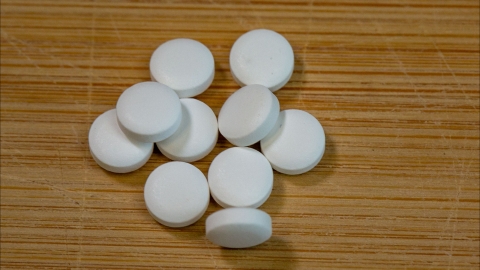What are the side effects of Mecobalamin Tablets?
Generally, the side effects of Mecobalamin tablets are relatively few and mostly mild, mainly including gastrointestinal discomfort, allergic reactions, nervous system abnormalities, hypokalemia, and hyperuricemia. The specific analysis is as follows:

1. Gastrointestinal discomfort: Some people may experience symptoms such as loss of appetite, nausea, vomiting, and diarrhea after taking the medication. These symptoms are usually mild and can resolve spontaneously after discontinuation. This is related to the mild irritation of the drug on the gastrointestinal mucosa, and taking the medication after meals can reduce such discomfort.
2. Allergic reaction: A small number of individuals may be allergic to components in Mecobalamin tablets, presenting with skin symptoms such as rash and itching. Once an allergic reaction occurs, the medication should be discontinued immediately to prevent worsening of the reaction.
3. Nervous system abnormalities: In very rare cases, symptoms such as headache, dizziness, and abnormal sensations may occur, which are mostly related to the transient effects of the drug on the nervous system. These symptoms usually gradually disappear after continuing or discontinuing the medication.
4. Hypokalemia: Long-term use of Mecobalamin tablets may affect potassium ion metabolism, leading to reduced potassium ion levels in the blood and resulting in symptoms such as fatigue and muscle pain. Patients on long-term medication should monitor their blood potassium levels regularly.
5. Hyperuricemia: Some individuals may experience elevated uric acid levels after taking the medication, which may even trigger gout. This is related to the drug's effect on purine metabolism. Patients with gout or hyperuricemia should use the medication cautiously.
When taking Mecobalamin tablets, strictly follow the recommended dosage and duration of treatment, and avoid adjusting the dose without authorization. Maintain a balanced diet in daily life and appropriately consume foods rich in vitamin B12, such as animal liver and fish, which can help reduce drug dependence and lower the likelihood of side effects.









